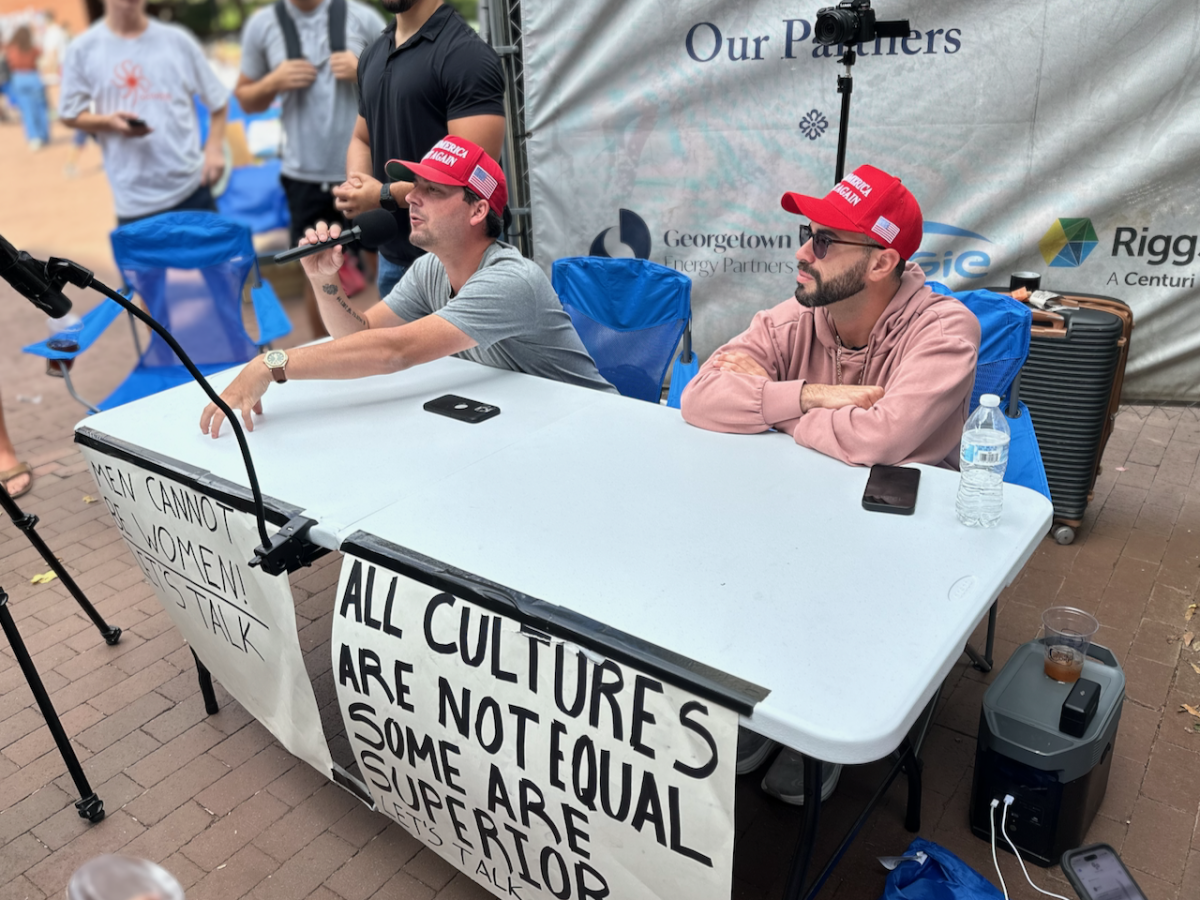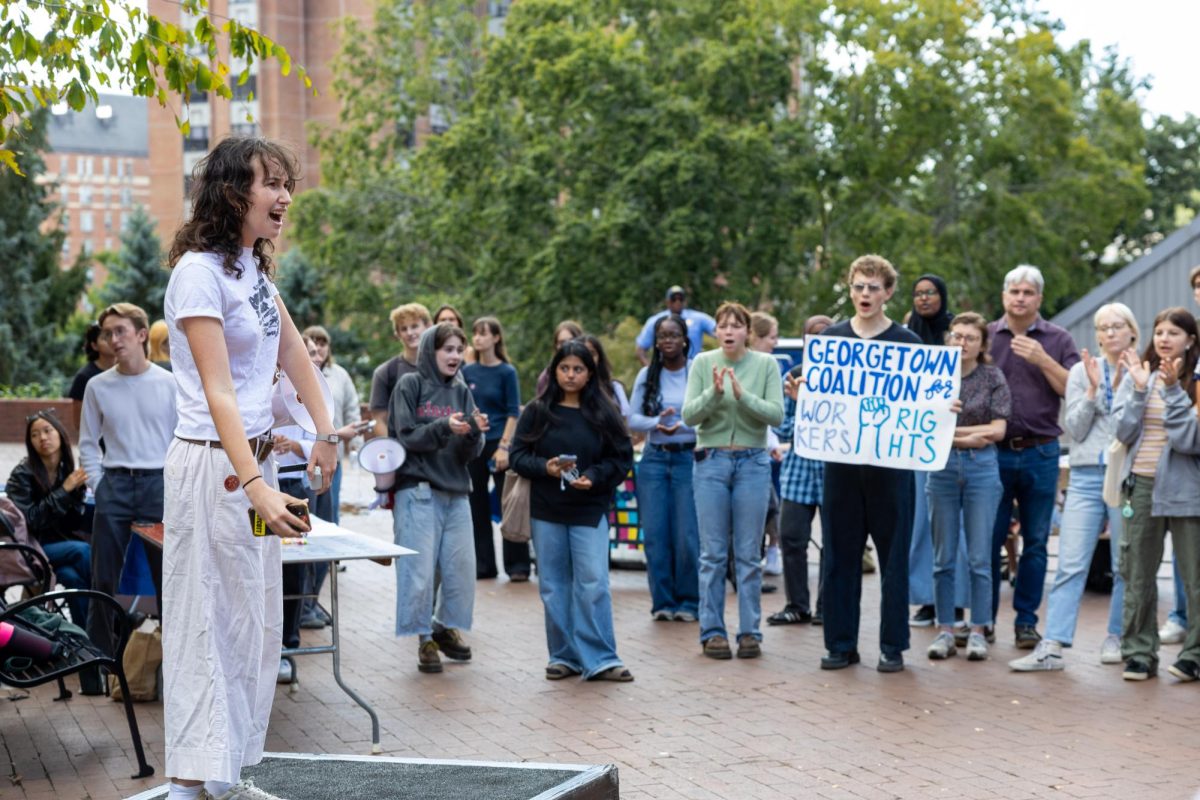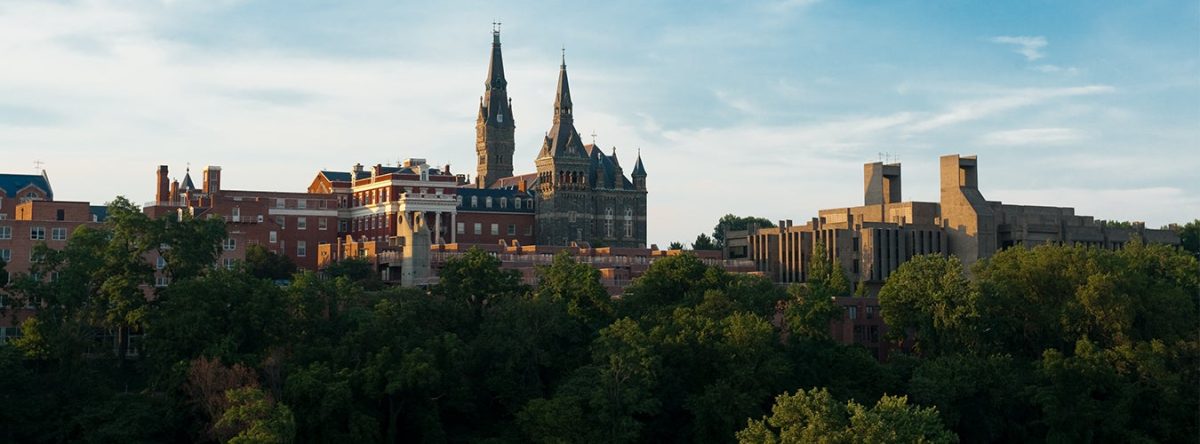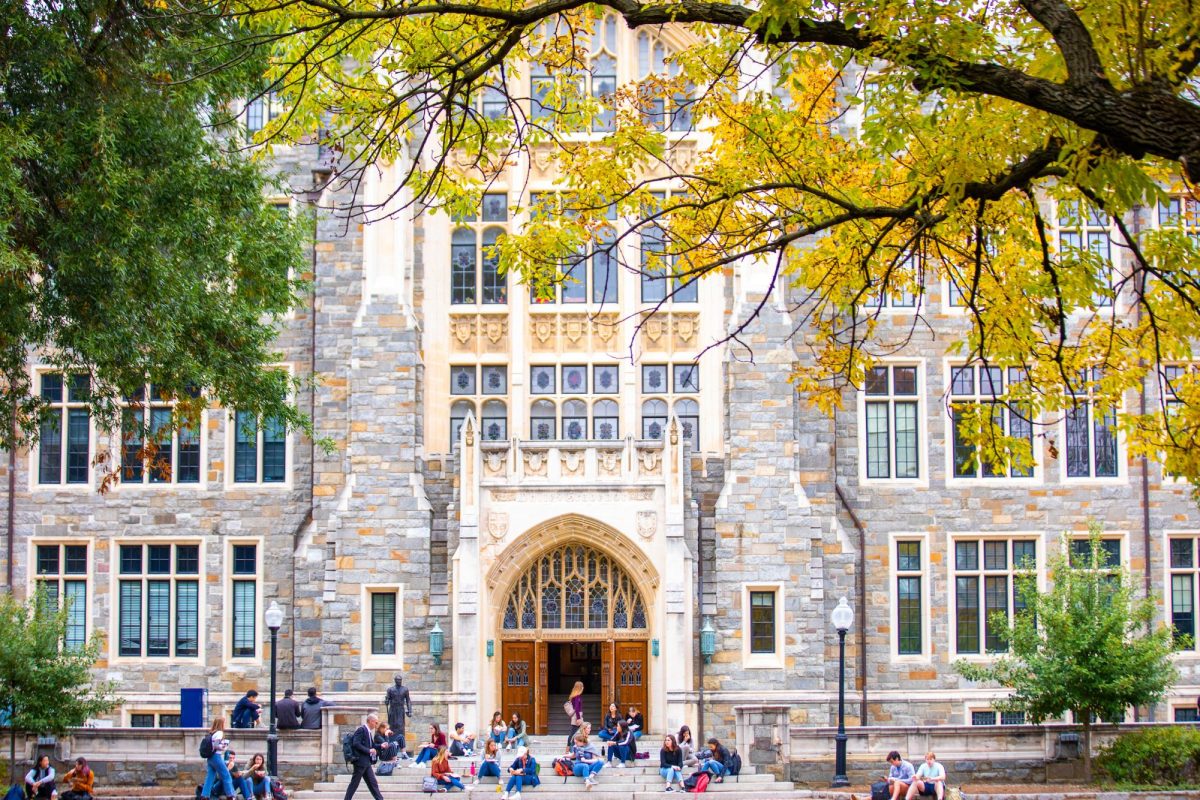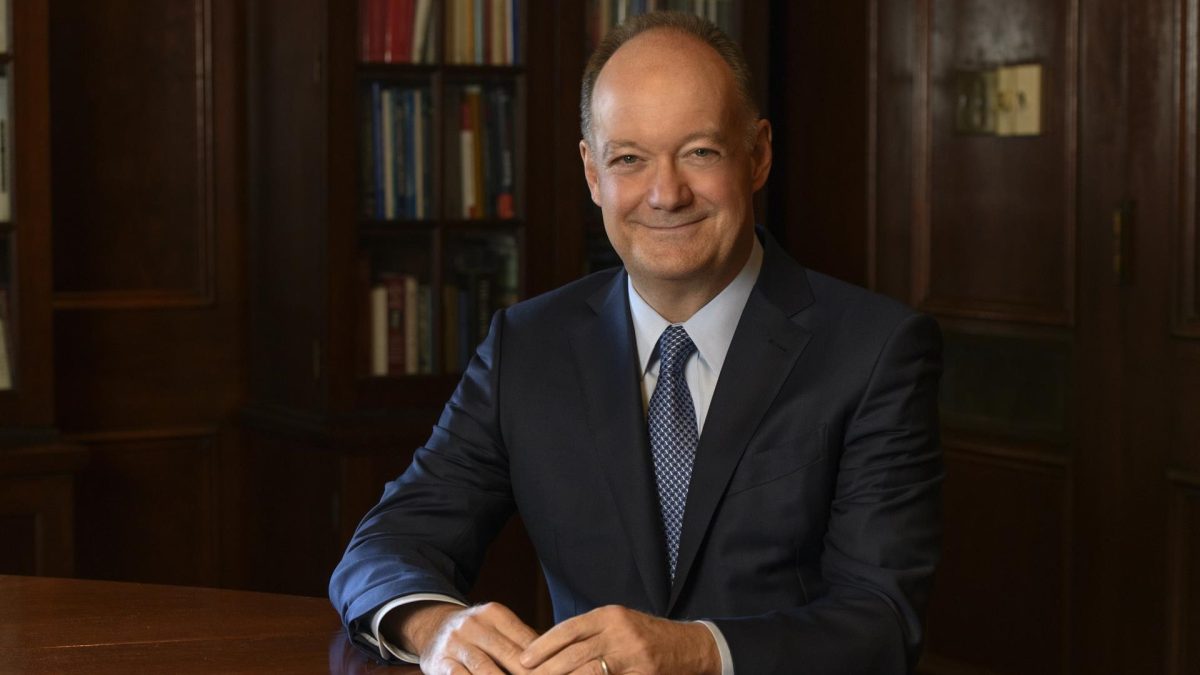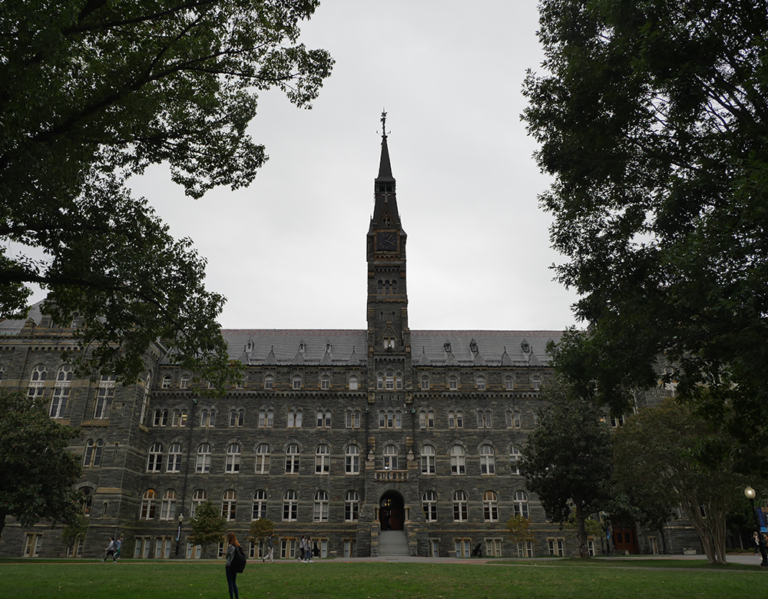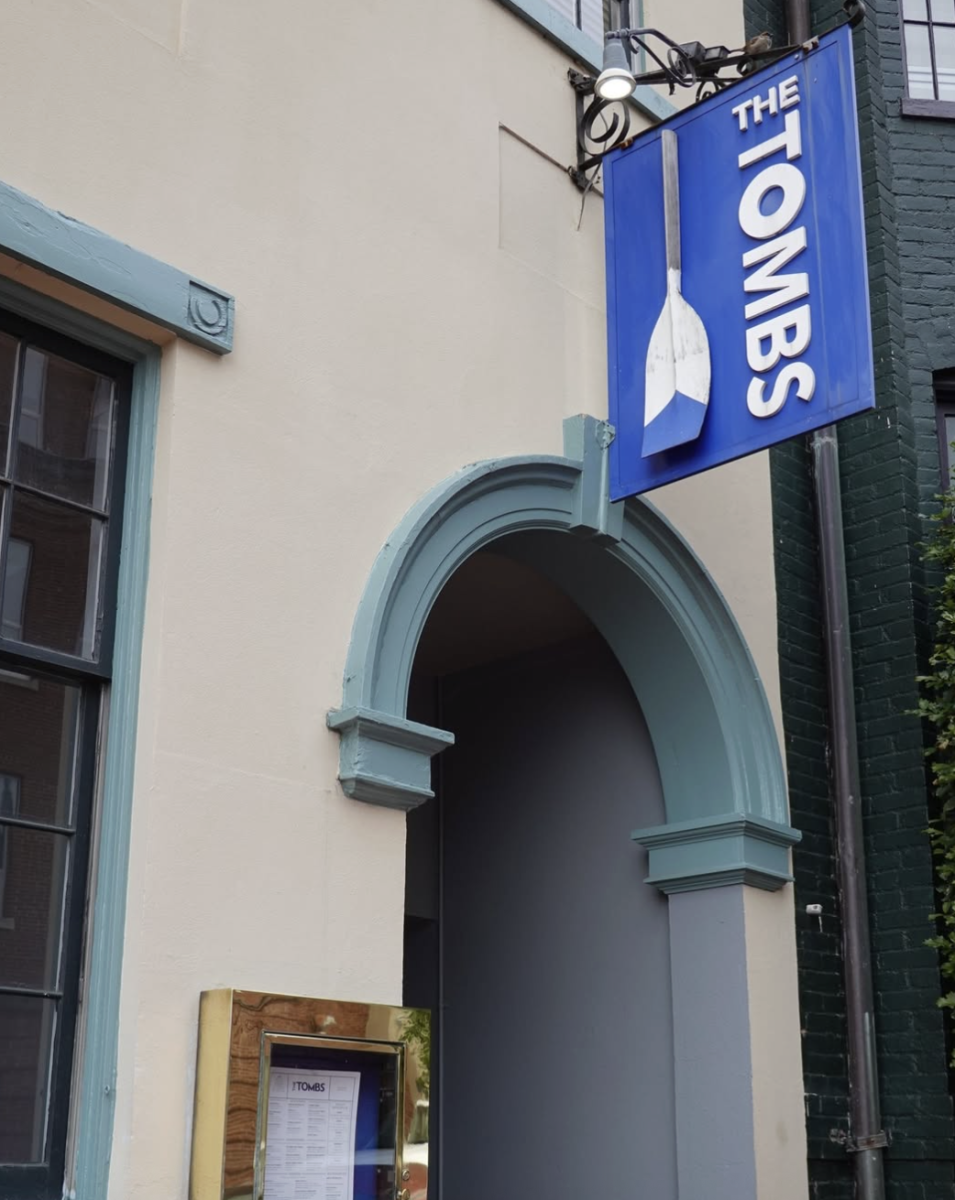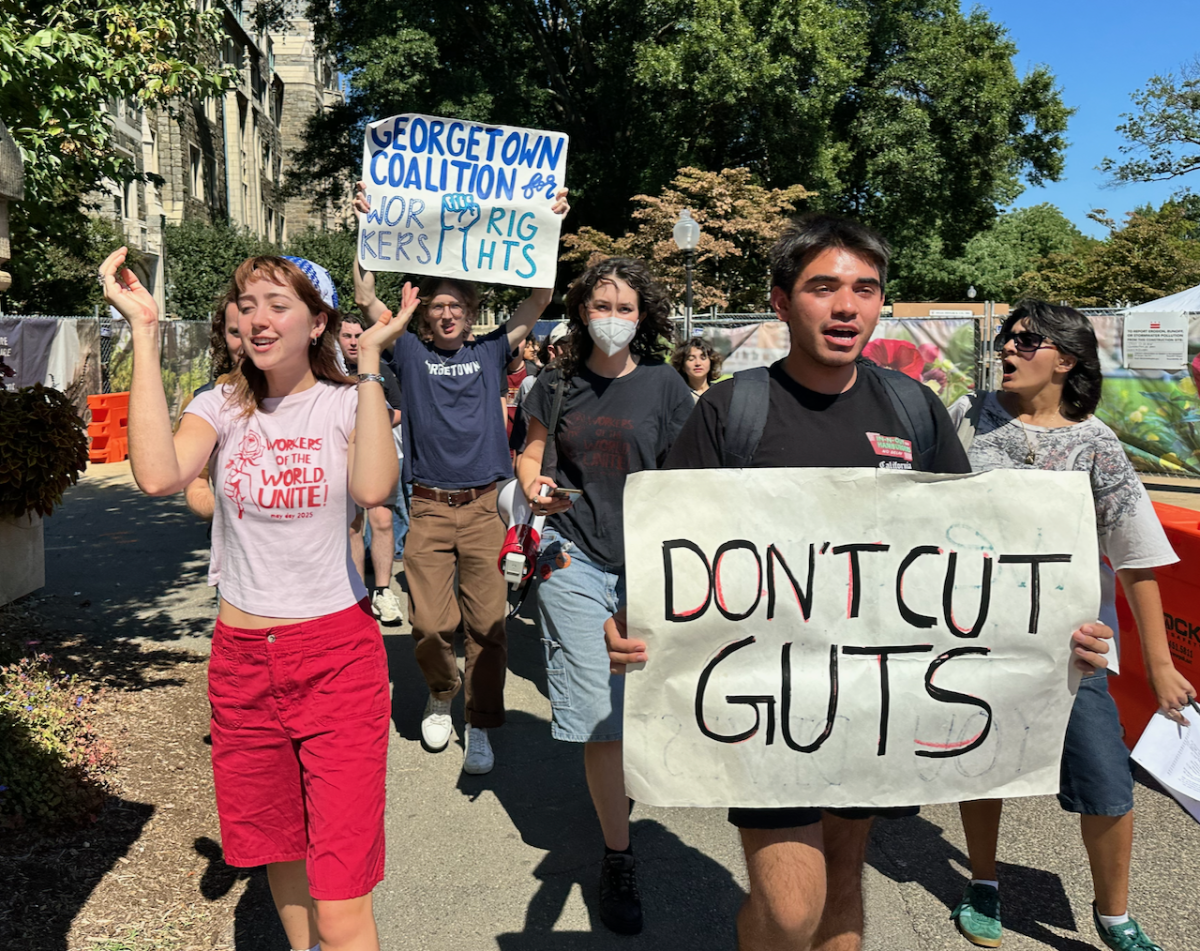Georgetown University student organizations hosted a teach-in about students’ constitutional rights when dealing with local and federal law enforcement Sept. 1.
The event comes in response to President Donald Trump federalizing the Metropolitan Police Department (MPD) and installing 850 federal agents in Washington, D.C., on Aug. 11, and the appearance of those federal agents on Georgetown’s campus. About 30 students attended the event, which was hosted by a local chapter of Free DC, a movement which advocates for D.C. autonomy, in collaboration with Sunrise Georgetown, a climate activism group; Hoyas For Immigrant Rights (HFIR), which advocates for immigrant protections; Georgetown’s chapter of the legal advocacy nonprofit American Civil Liberties Union (ACLU); Get Free GU, which organizes around issues of equality; and the D.C. chapter of Bulletproof Pride, a gun violence prevention organization.
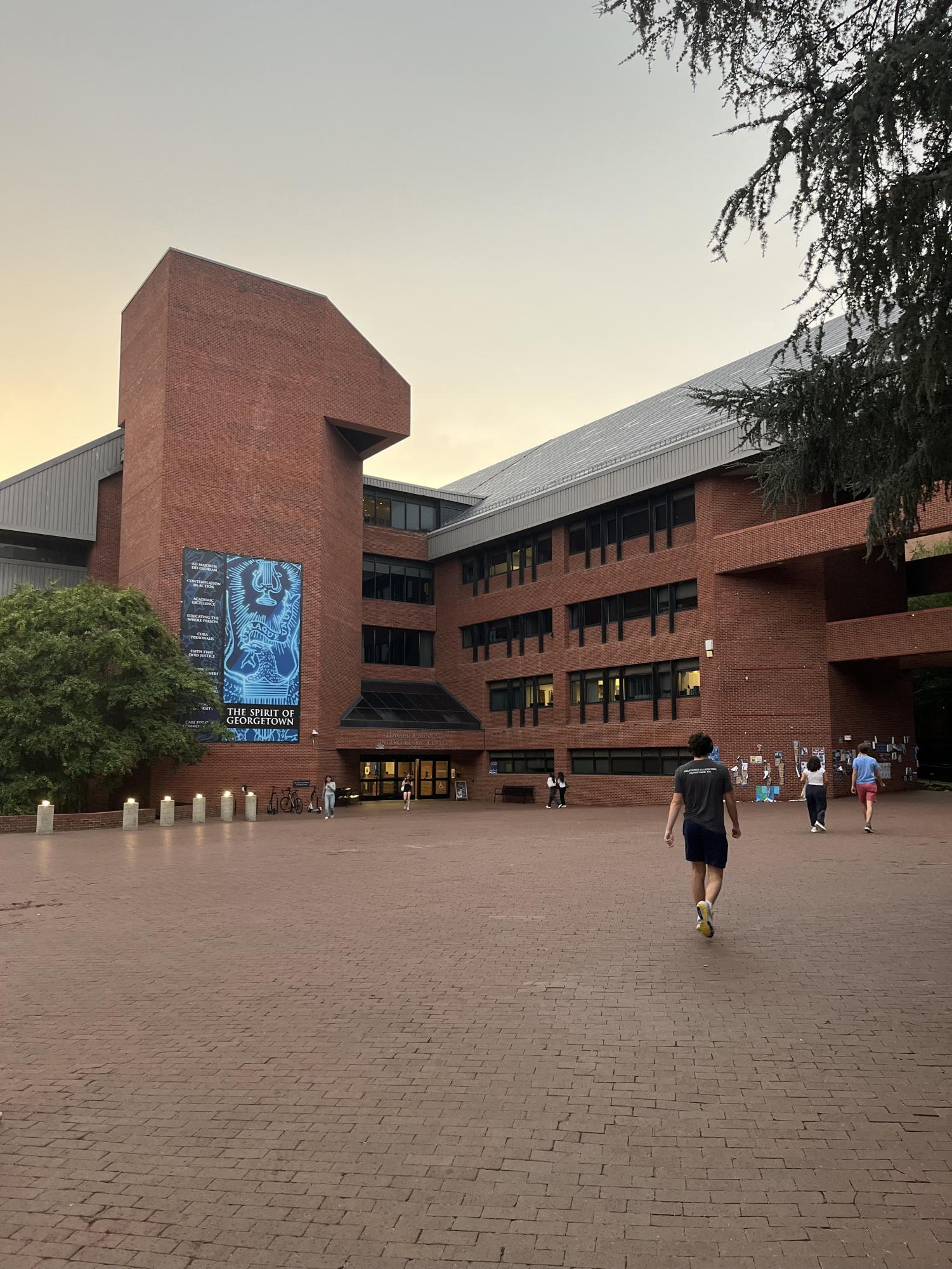
Emily Han (CAS ’26), the chapter coordinator for Free DC who co-led the lecture, said she organized the event to help students understand the current policing landscape in D.C.
“Our presentation overall was meant to help students navigate the new landscape that’s emerging after so many troops have descended on our city, especially for new students who might not exactly know the legal status of D.C.,” Han told The Hoya.
Full Disclosure: Emily Han served as The Hoya’s Senior Multimedia Editor in Fall 2023 and Spring 2024 and as a member of The Hoya’s Board of Directors in Fall 2024.
The event coordinators spoke specifically about encountering federal agents on the university’s campus, where they appeared to have been Aug. 13.
Izzy Volpe (SFS ’27) — an HFIR board member who coordinates with United We Dream, a national immigrant advocacy organization — said students should film law enforcement if they are present on campus, and should contact resident assistants (RAs) or community directors (CDs).
“If you are a bystander in a situation where someone is stopped by law enforcement, recording is a great way to discourage unlawful behavior on the part of the police,” Volpe told The Hoya. “And also, we discussed contacting RAs if they’re in residence places, contacting CDs and also just knowing your rights.”
Han said students interacting with police officers or federal agents should prioritize deescalating the interaction, a point which was stressed during the teach-in.
“In interactions with any local law enforcement or federal law enforcement, students should definitely just try to keep it as calm as possible, deescalate and leave the situation as quickly as they can,” Han said.
Sofia Calabretta (SFS ’28), the co-president of HFIR, said the group got involved with the teach-in because federal policing in the city is affecting immigrant communities.
“We’re worried and concerned about the safety, health and well-being of our students and our community,” Calabretta told The Hoya. “And for our students, our international students, our students with ties to immigration or with immigrant families or friends, our undocumented students. We want to make sure that people feel safe on campus.”
Isaac Mazariegos (SFS ’28), the treasurer of HFIR, said the group is also specifically focused on involving non-immigrants in their programming, including events like the teach-in.
“A lot of immigrants are afraid to speak out or afraid to really defend themselves,” Mazariegos told The Hoya. “So we’re focused on also providing and empowering individuals who have that privilege of being citizens or not being immigrants to also empower those individuals around them.”
After the MPD was federalized, it began sharing immigration status information of individuals not in custody with Immigration and Customs Enforcement (ICE), a practice which was not previously part of MPD’s policy. The change led to 300 ICE detainments in D.C. between Aug. 7 and Aug. 23, compared with an average of 12 ICE detainments per week during the first six months of the Trump administration.
Volpe said this outcome has impacted HFIR’s mission as an on-campus group.
“As soon as the federalization occurred, dozens of people were disappeared,” Volpe said. “So our responsibility in this upcoming year and moving forward is to really raise awareness and raise people’s critical consciousness about issues around immigration.”
Han said efforts like the teach-in will help prepare students for a legal landscape where constitutional rights are increasingly threatened.
“There’s a lot of confusion because even with the rights that we do have, there are a lot of violations of them,” Han said. “And so a lot of what we’re training people on is how to stay safe, and even if you do have these rights, what do you do if they’re being violated or not respected?”


